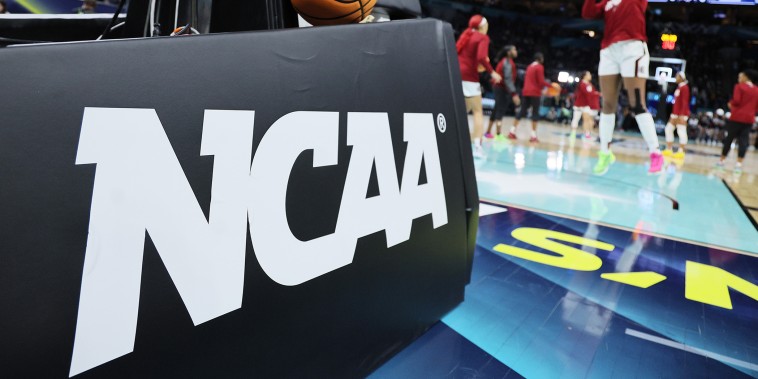In the wake of a groundbreaking legal settlement, the landscape of college athletics in the United States stands poised for significant transformation. The recent agreement marks a pivotal moment in the ongoing debate over whether student-athletes should be compensated for their contributions to their schools’ athletic programs. As the dust settles, both the NCAA and student-athletes find themselves at a crossroads, facing the task of adapting to a new reality that promises to reshape the very foundation of collegiate sports.
For years, student-athletes have been at the center of a heated controversy surrounding their rights to fair compensation for their athletic endeavors. Critics argue that these athletes, who often dedicate countless hours to training and competing, are unfairly exploited by the collegiate system that profits immensely from their talent and hard work. In contrast, supporters of the status quo contend that the current model of amateurism is essential to preserving the integrity and competitive balance of college sports.
The recent settlement represents a landmark victory for student-athletes, as it acknowledges the need to provide them with a more equitable share of the revenue generated by college athletics. Under the terms of the agreement, schools will be required to establish a fund that will be used to compensate student-athletes for the use of their name, image, and likeness. This development marks a significant departure from the NCAA’s longstanding stance against paying athletes, signaling a major shift in the organization’s approach to amateurism.
While the settlement is a step in the right direction, its implications for the future of college athletics remain unclear. As schools grapple with the practical challenges of implementing the new compensation model, questions linger about how this change will impact the landscape of recruitment, sponsorship deals, and athlete endorsements. Moreover, concerns persist about the potential for inequality among student-athletes, as the financial benefits of the settlement may not be distributed evenly across different sports programs and institutions.
Looking ahead, the NCAA and its member schools must navigate the complexities of this historic settlement with caution and foresight. As they work to strike a balance between ensuring fair compensation for student-athletes and preserving the competitive integrity of collegiate sports, they will face a host of challenges that will shape the future of athletics in the United States. Ultimately, the legacy of this landmark agreement will depend on how effectively stakeholders adapt to the changing landscape of college athletics and strive to create a more just and sustainable framework for student-athletes.




























